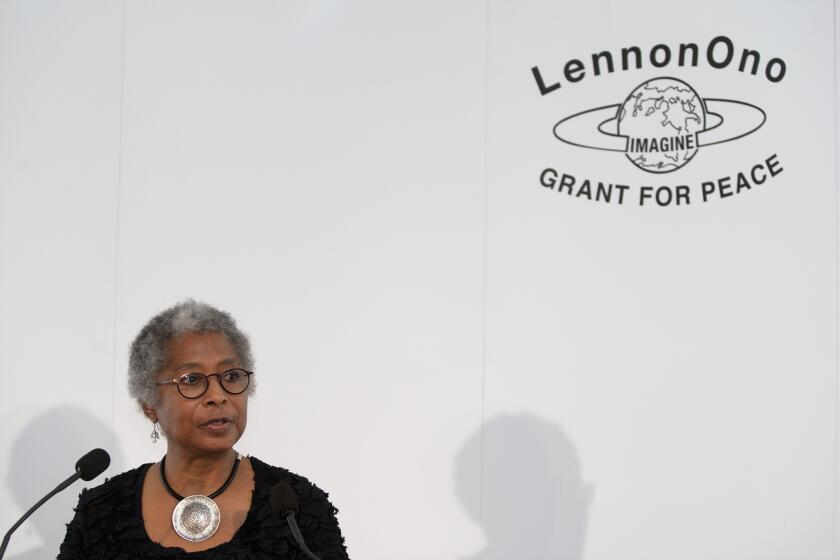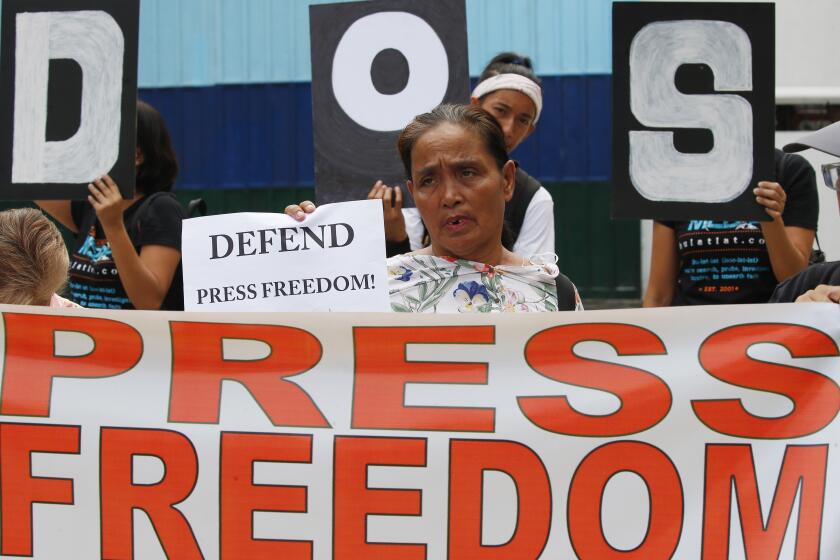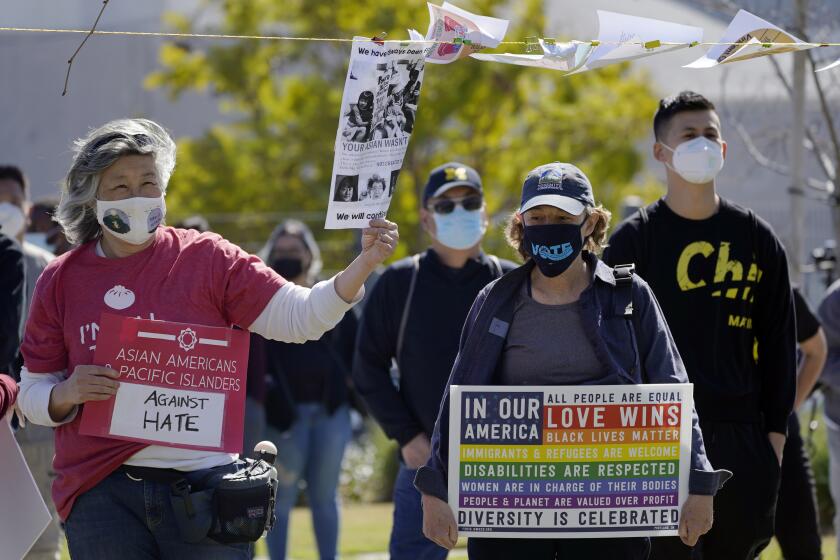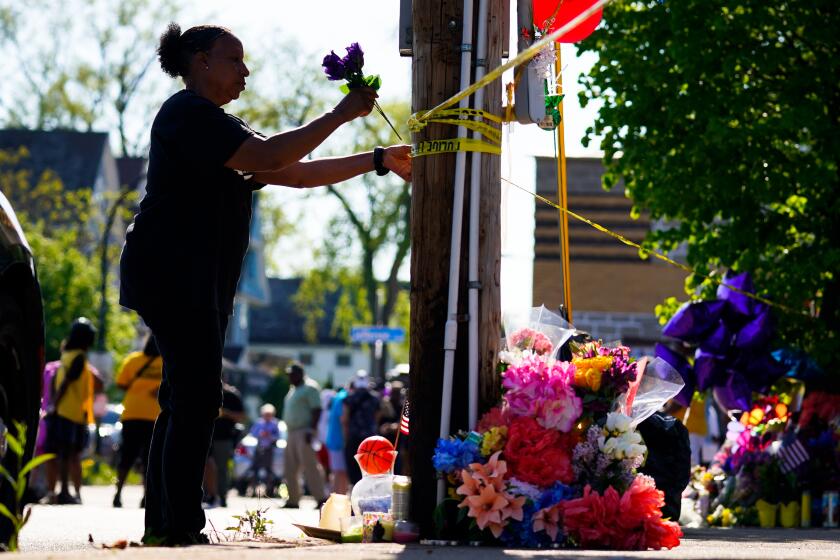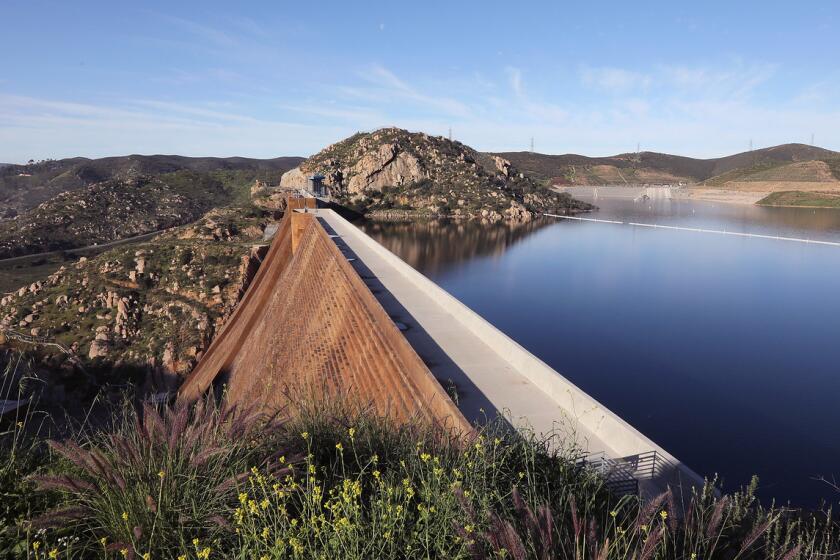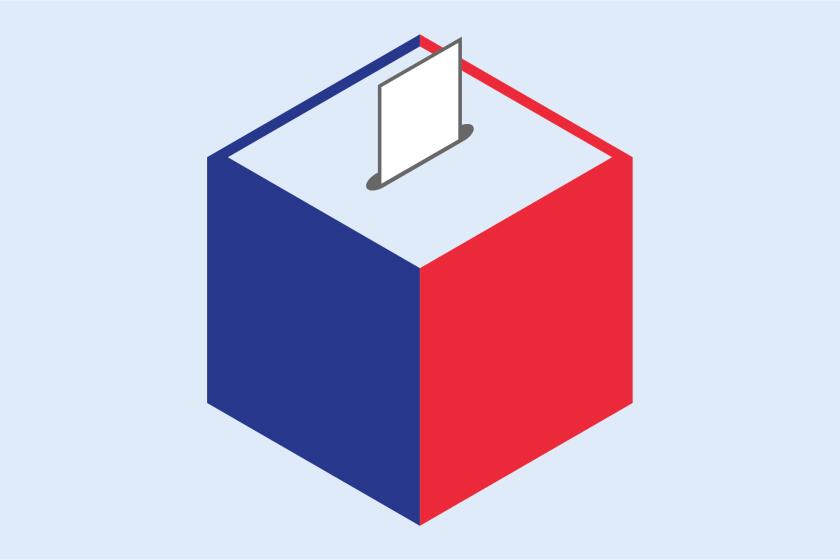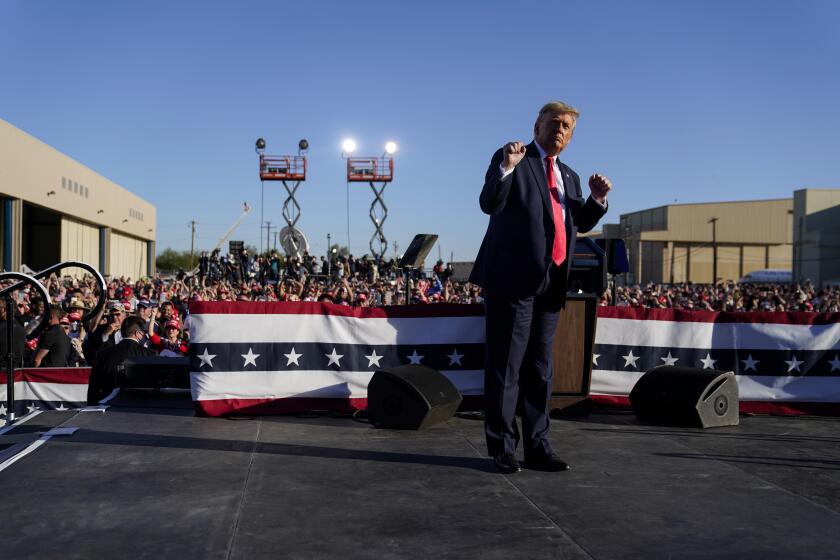As Issa sues state over mail-ballot election, new study shows vast majority of Californians favor it
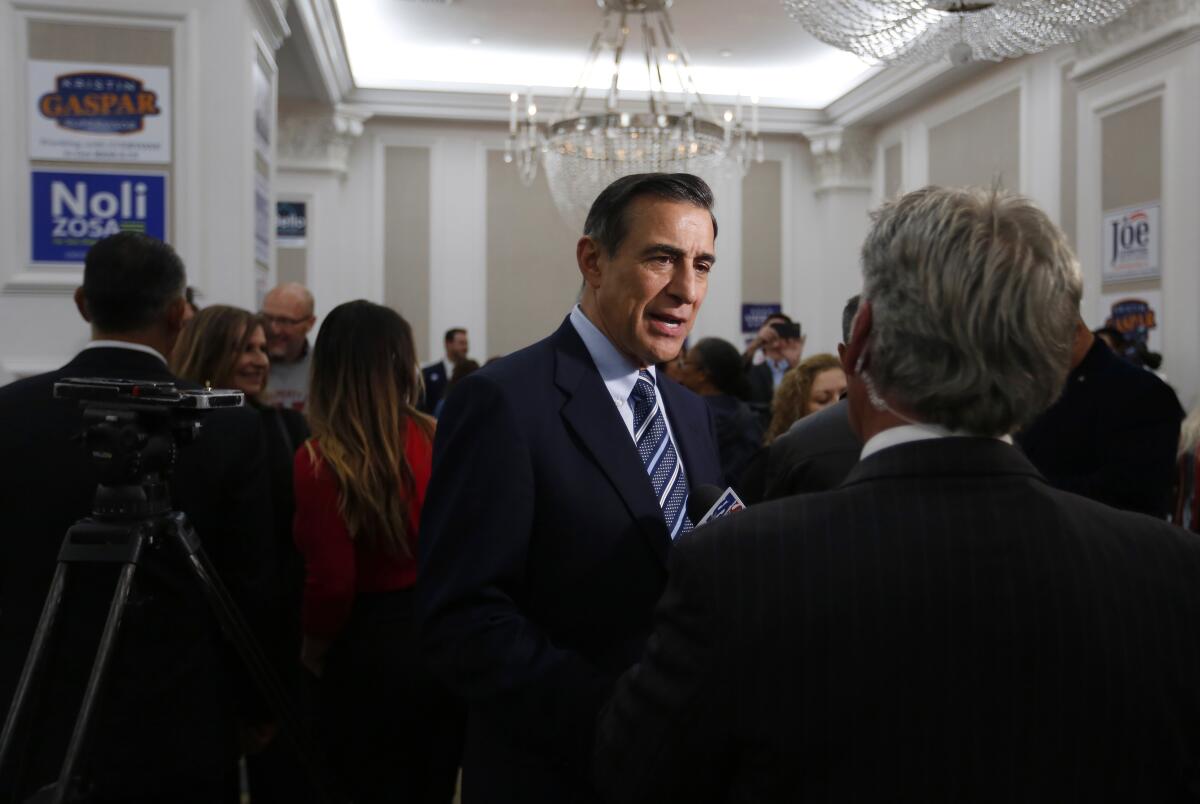
Most California Democrats, Republicans back vote-by-mail policies; 72% favor a national law
A new study released Friday shows most Californians — irrespective of political party — want to expand vote-by-mail in the state and beyond.
It comes a day after Republican congressional candidate Darrell Issa and a conservative group sued the state to block California from mailing ballots to every voter.
The study by the New Election Project — a collaboration between researchers at five University of California campuses and the University of Southern California — found that 72.3 percent of Californians support creating a national law that would require states to send every registered voter a mail ballot.
The study said nearly 80 percent of Democrats and 68 percent of Republicans in California favor such a policy.
Nearly 75 percent of San Diego County’s more than 1.8 million registered voters already are registered as permanent mail ballot voters.
The statewide survey, conducted between April 8 and April 22, reflects the demographics of California’s electorate and includes 12,276 eligible voters.
“The vast majority of voters, and a broad cross-section of voters, want to vote by mail this year,” said Thad Kousser, chair of the political science department at UC San Diego and one of the lead researchers in the study.
“There is a little difference across parties,” he said, “some difference across ethnic groups, but everybody, a large majority of every group, wants to cast a ballot they received in the mail, either by sending it in the mail or dropping it off.”
The study shows a clear divide between the feelings of California voters and the national Republican and Democratic leaders fighting over expanding access to vote-by-mail nationwide before November’s election.
President Donald Trump — who is registered to vote-by-mail — and other Republican national leaders have said that mail balloting invites fraud, though they have not provided evidence.
Gov. Gavin Newsom on May 8 signed an executive order instructing election officials to send every registered voter in California a mail ballot for the November election, a decision made amid concerns that the COVID-19 pandemic could make crowded polling locations and vote centers a public health danger in the fall.
In a complaint filed by Judicial Watch on behalf of Issa and other plaintiffs in Sacramento’s U.S. District Court, the conservative group argues that Newsom’s order is an “unlawful attempt to supersede” current state election law and that election results could be invalidated if it’s still in place in November.
The lawsuit specifically refers to California’s 50th Congressional District, which includes portions of East and inland North San Diego County and a small southern portion of Riverside County, where Issa is mounting a return bid to Congress.
The suit states Issa’s campaign is having to re-evaluate its electoral strategy because he “registered to run for office ... under the electoral system established by the California Legislature,” according to the complaint.
The lawsuit drew criticism from California’s Secretary of State and Newsom, who told reporters Friday he felt the order stood on “firm legal ground.”
He said several states — including more conservative states like Utah — have shifted entirely to voting by mail, and he noted that some in-person voting options will be available to Californians in November, even with all registered voters receiving a mail ballot.
“Vote by mail is not novel in the state of California, nor was it in a recent special election,” Newsom said, referring to this month’s CA-25 election, which a Republican candidate won.
“I think it’s the responsible thing to do, to encourage people to vote and to have an alternative to waiting in line,” he said, “especially potentially going back into the fall and experiencing a second wave that could put that election at risk.
“I think elections are too important. I think Mr. Issa’s election is too important.”
In California vote-by-mail is actually more likely to be preferred by certain segments of the Republican base than the Democratic base, Kousser said.
“If you look at the racial divide, whites and Asians are the groups most likely to want to vote-by-mail. If you look at the age divide, senior citizens 65 and over are the most likely to want to vote by mail,” Kousser said.
According to the New Election Project’s survey, when given the option to cast a ballot any way they wished, 54.3 percent of non-Latino whites and 54.2 percent of Asian Americans said vote-by-mail was their preferred method. In comparison only 48 percent of African-Americans and 47.9 percent of Latinos said the same.
The New Election Project’s study also found that a shift to an all vote-by-mail election — which isn’t being considered yet in California — is unlikely to tip the balance toward either political party. Nearly identical percentages of Republicans and Democrats said they wouldn’t participate in that type of election, 2.7 percent and 2.8 percent respectively.
Regardless of whether an election was done entirely by mail or in-person, the vast majority of Californians said they intend to vote come November 3.
About 5.6 percent said they wouldn’t vote if their only option is to vote in-person, while 3.4 percent of people said they wouldn’t vote if their only option was to vote-by-mail, according to the study.
“Very few people said they wouldn’t vote,” said Kousser. “There is a clear commitment of people to making this election work.”
Get Essential San Diego, weekday mornings
Get top headlines from the Union-Tribune in your inbox weekday mornings, including top news, local, sports, business, entertainment and opinion.
You may occasionally receive promotional content from the San Diego Union-Tribune.


